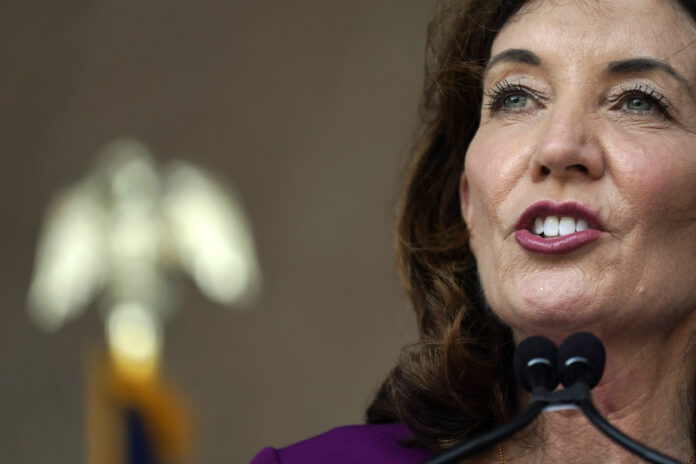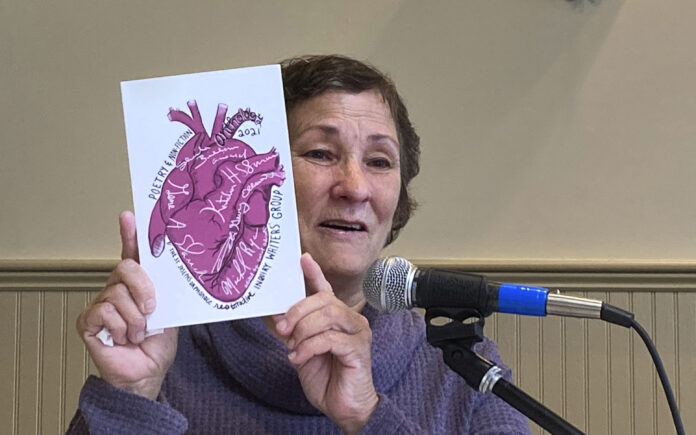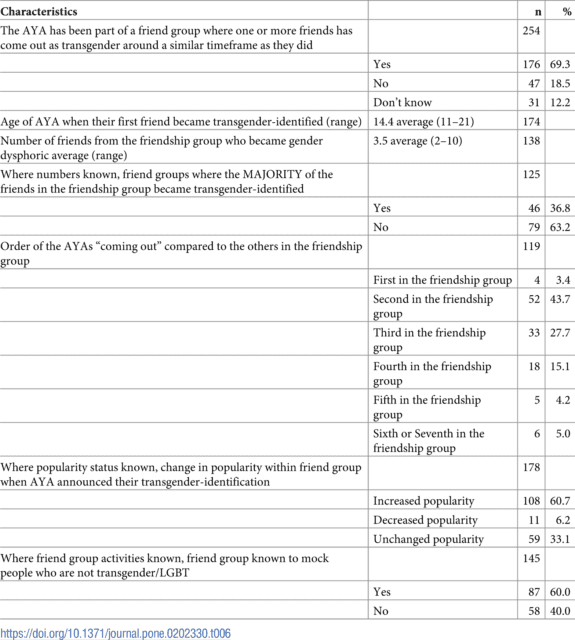This is part of a Bible study series on the book of James, from Foothills Bible Church in Littleton, Colorado. James 4:1-5:6 explores the drastic difference between the mind of a worldly person and a heaven-focused person. James encourages readers to fully trust in God.
In chapter 4 and early into chapter 5, James lets us have it. It appears on the surface that James has a pretty low view of these believers. He addresses issues such as wars, fighting, self-indulgence, prayerlessness, lust, adultery, envy, pride, slander and murder. What a list! What a warning to the worldly person!
This section is an in-depth treatment of the havoc that results when worldly wisdom, rather than heavenly wisdom, dominates life. Worldliness expresses itself in three ways: choosing pleasure as life’s aim, harshly criticizing fellow Christians, and arrogance against God.
Remember, it’s natural for someone who doesn’t believe in Jesus as Savior to have a worldly mind and to be a worldly person. But it’s unnatural for a believer to live with a worldly mind. James calls these Christians to task.
3 Descriptions of a Worldly Person
1. A worldly person has a passion for personal pleasure (4:1-10).
The Westminster Catechism (written in the 1640s by Scottish and English Reformers) says the most important thing for man is to “glorify God and to enjoy him forever.” But our world says the most important things in life are personal pleasure and entertainment. According to the world, seeking pleasure is the highest goal. In other words, mankind’s ultimate mission is self-gratification, not God-glorification.
The English word for selfish philosophy is hedonism. It shows up in verses 1 and 3 and can be translated as lusts, passions, pleasures, or desires.
James says 4 things about this worldliness:
- Worldliness is the cause of wars and fighting (vs. 1-2).
James asks two rhetorical questions (vs. 1). The first question is about the source of conflicts in the Christian community. The word for “wars” is chronic fighting, but the word for “fighting” is a one-time event. We don’t know what the specific conflicts were about. The context doesn’t say. The second question gives the answer to James’ first question. These “lusts” can mean pleasures, enjoyments, passions, or cravings. In Scripture, this is always seen as sinful pursuits.
James speaks of the “battle within you” or “war.” As in 1 Peter 2:11, we are to stay away from these fleshly lusts, which “war against your soul.” In verse 2, James points out what happens in any Christian community that chooses “selfish pleasure” over “God’s glory.” You end up sinning against God and hurting people. James is saying, “You want this selfish stuff and are seeking pleasure for yourself, but in the wrong places. You should be looking for it in your relationship with God. Ask. Pray. Look to God and not to the world.”
- Worldliness cuts off effective prayer (vs. 3).
Sometimes we take our requests to God and don’t seem to get an answer. I’m sure these believers felt the same way. James probably felt this way too, but he has something to say about this. These “worldly” believers were “asking with the wrong motives” or “asking for the wrong things.” They had a selfishness about the request. Their requests (like ours sometimes) were honest but with a bent toward cravings, pleasure, comfort, or the like. They were motivated not for the glory and delight of God but for selfish intent. These scattered believers wanted only to pamper their own selfish passions. As a result, these kinds of prayers insult God, the Maker of heaven and earth.
- Worldliness angers God (vs. 4-6).
James says fights occur among believers due to individual desire for pleasure and selfishness. In addition, this kind of behavior makes prayer ineffective for the believer. Now James calls these followers of Jesus adulterous people. Not literally (cheating on spouse), but figuratively. They’re “committing spiritual infidelity” against God by being worldly. James calls them “Unfaithful People.” They are unfaithful to their lives with God. “Friendship with the world means enmity against God.” You can’t be a worldly person and be in good standing with God.
Now, I don’t believe James is saying friendship with the world means we all need to become hermits and escape to caves. “We are in the world, but not of the world.” Earth is not our home. Just don’t get too comfortable here. When we do, we become too cozy with the sinful desires the world pushing God out of our lives.
This angers God Almighty. Why? Because God is a jealous God. He loves us enough to want all of us for Himself. He wants all of you. In the rest of verse 6, God makes great provision for his people. He never leaves us on our own. Instead, he “gives more grace.” God gives gracious and effective help to people with “abundant grace.” The answer for us is to be “humble” because God hates pride.
- Worldliness needs repentance (vs. 7-10).
Like military commands, these verses are short exhortations of how to handle this desire to give in to selfish living. There is urgency. It’s a call back to God. Come home. Submit means to put yourself back under God’s control. This is the key idea in verses 7-10. God is against those who do not get under Him, so get under! Let him be your Lord, Boss, Pilot, Leader, Commander in Chief. After submitting to God, we can fully “resist the devil.”
To be for God means you are coming against the enemy (Satan). James promises if you do this, he will “flee from you.” If you never give into his tempting, slandering, or desiring. He will leave you alone. Like a dog at the table who never gets scraps will eventually leave. He will give a “seah” and leave. Jesus in the desert with the devil is an example. He was tempted, and eventually the devil left Him.
In verse 8, James says, “Come near to God and he will come near to you.” The closer we live to God, the more we know of his comfort, support, and power, and easier it is to resist the devil. James gives us a twofold plan: Resist Devil. Then come near to God. Submission to God involves purity. Like the priests in the Old Testament before offering sacrifices, they washed their hands confessing sin to become pure. But James says your hearts need to be pure. Outward cleansing with the hands is not good enough. There must be inward cleansing of the heart. Psalm 24:3-4 says, “Who shall ascend into the hill of the Lord? Or who shall stand in his holy place? He who has clean hands and a pure heart.”
James is referring to this audience as “sinners” or “double-minded.” These are “Mr. and Mrs. Facing-both-ways” kinds of people. In verse 9, James calls this type of worldly person to have “deep repentance” to “grieve, mourn and wail.” He wants them to be deeply saddened by your sin before a Holy, Holy, Holy God. James isn’t against joy. In fact, he speaks about it in James 1:2. But he emphasizes the importance of becoming “humble before the Lord.” Plus, here is the promise: If we humble ourselves in true repentance, “God will lift us up.”
Friend, do you have a high view of God? Do you see Him as King? Are you in awe of his majesty? If not, you’re setting yourself up for a fall. If so, this causes deep humility.
2. A worldly person criticizes other believers of Jesus (4:11-12).
James might be giving an example of what happens when we aren’t humble. Being critical of others is prideful. When we criticize others, we set ourselves up against them and God’s Divine Law. This section is also connected to the whole section. This is what a worldly person does: criticize others and have a passion for self-pleasure.
In verse 11, “to slander, “to speak evil,” “talk against,” “to pronounce a negative opinion about,” or “judging” all have the same thought. Jesus was against it (Matthew 7:1). Paul was against it (Romans 14:4,10,13). If you do this you are speaking against the law saying, “I am above this law” and this is pride. In verse 12, God is the only “Lawgiver” and “Judge.” God does not allow people to be in the judicial role. God is the inventor of the Law and holds people to it, because God alone saves and destroys. God is Lord of life and death.
Then in verse 12, James asks a strong question: “But you, who are you, to be condemning your neighbor?” If you do this, you’re setting yourself up against God because you are taking his place as Judge by being critical and mean against your fellow brother and sister in Christ.
3. A worldly person has an arrogant disregard for God (4:13-5:6).
Two sections of these verses are examples of living as a worldly person:
- Planning without God (4:13-17)
Arrogance exists when a believer (or unbeliever) plans their future without consulting the God of the Universe who knows everything past, present and future. Remember the context of the book of James. He writes to believers who are dispersed because of persecution (probably after Stephen’s death in Acts 5). Many went from farming to merchants and bankers now. So as they planned their future business endeavors, they’re in trouble for not consulting God.
This section is not against planning, goal-setting and future eyesight. Instead, God is against these things when you “go it alone” without His help. That is arrogance. Instead, we should say, “If it is the Lord’s desire, I will do it.” Verse 17 is the kicker verse of the whole section and even the Book of James. If you’re now aware of what you should do and don’t do it, it’s against God. It’s sin. When you know the right thing and choose to do otherwise, you’re fully accountable.
- Abusing wealth and oppressing the poor (vs.5:1-6)
We’re still talking about arrogance and self-centered living. James says judgment is coming to the “rich.” There were different kinds of wealth in the ancient world: food, costly garments, and precious metals. But the stock market is crashing fast for these wealthy folks. This section is another example of not fulfilling the “law of love,” loving your neighbor as yourself and caring for others. Judgment is coming, not because they’re rich but because of what they’re doing with their money. This was against Mosaic Law (Deuteronomy 24:14,15; Leviticus 19:13). So these rich people were guilty.
Many theologians believe the “innocent one” in verse 6 refers to Jesus, whom they murdered.
Instead of being a wandering, worldly person, glorify God and stay focused on him! How will you apply these principles of Scripture to your life this week?



















